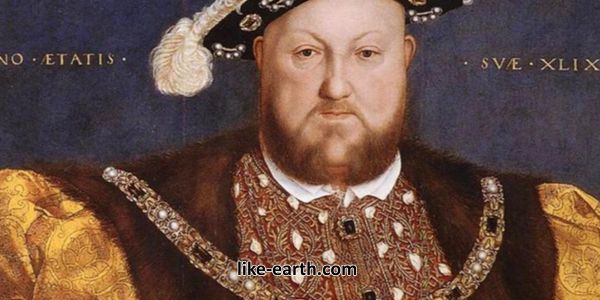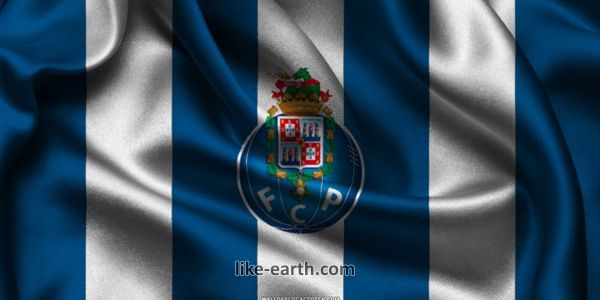Famous Kings of English History

Famous kings of English history timeline showcases a lineage of powerful rulers who shaped Britain. Their reigns marked conquests, reforms, revolutions, and transformations. From medieval kings to modern monarchs, their influence echoes through politics, culture, and law.
William the Conqueror (1066–1087)
William I changed England forever in 1066. After winning the Battle of Hastings, he introduced the Norman influence. The Domesday Book, a great survey, was his administrative legacy. He centralized power and reshaped the English aristocracy.
Richard the Lionheart (1189–1199)
Known for bravery, Richard I led the Third Crusade. Though he spent little time in England, his heroic image lives on. His military prowess and strong leadership made him a legendary figure in British folklore and history books.
King John (1199–1216)
King John is infamous for signing the Magna Carta in 1215. Pressured by rebellious barons, he agreed to limit royal power. This charter laid the groundwork for modern democracy and constitutional monarchy.
Edward I (1272–1307)
Edward I was a strong ruler and military commander. He conquered Wales and attempted to subdue Scotland. Known as the “Hammer of the Scots,” he also established significant legal reforms in Parliament and property law.
Henry V (1413–1422)
Henry V gained fame through the Battle of Agincourt. His leadership during the Hundred Years’ War strengthened national pride. Shakespeare immortalized him in one of his greatest plays, elevating his reputation for centuries.
Henry VIII (1509–1547)
Henry VIII is one of England’s most famous kings. He broke from the Catholic Church to establish the Church of England. His six marriages and dramatic political decisions reshaped religious and dynastic history in Britain.
Edward VI (1547–1553)
Though young, Edward VI’s reign continued Protestant reforms. As Henry VIII’s only legitimate son, his brief rule had lasting religious impact. His advisers implemented major changes that influenced future monarchs.
James I (1603–1625)
James I united the crowns of England and Scotland. His reign began the Stuart dynasty. He authorized the King James Bible, one of the most influential religious texts in history. His belief in the divine right of kings created tension with Parliament.
Charles I (1625–1649)
Charles I’s conflict with Parliament led to the English Civil War. He was executed in 1649—an unprecedented event. His death marked a temporary end to monarchy and the rise of the Commonwealth under Oliver Cromwell.
Charles II (1660–1685)
Charles II was restored to the throne in 1660 after years of republican rule. Known as the “Merry Monarch,” he reestablished the monarchy and promoted the arts. His reign saw the Great Plague and the Great Fire of London.
George III (1760–1820)
George III’s reign was long and eventful. He is often remembered for losing the American colonies. However, he also saw victories during the Napoleonic Wars. His bouts of mental illness drew public sympathy and scrutiny.
George VI (1936–1952)
George VI led Britain through World War II with courage. He became king after Edward VIII abdicated. He was the father of Queen Elizabeth II. His leadership earned him widespread respect during difficult times.
Legacy of England’s Most Famous Kings
The famous kings of English history timeline shows how each monarch shaped their era. Their decisions altered governance, religion, and the global influence of Britain. Some left legacies of glory; others, cautionary tales.
Modern Interest in Historical Monarchs
Interest in royal history remains strong. Documentaries, books, and series like “The Crown” explore these figures. They are not just rulers—they are icons of heritage, culture, and national identity.
Visit for More Insights
To discover more about royal history and global monarchies, visit our platform: Like Earth.
Stay Updated on Royal Topics
For real-time updates and engaging royal content, join our official WhatsApp channel: Royal History Now.



